My Monday travel posts posts usually reflect back on places I have been over the years. But today I’m reflecting on the place I spent yesterday, Christmas Day 2016: the tiny principality of Monaco.
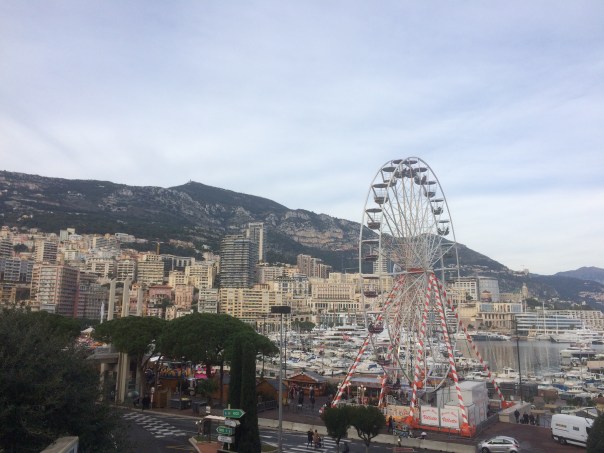
Monaco is known as a playground for the rich and famous and there were certainly glimpses of that. But with all the shops closed and the rich hotel buffet lunches behind closed doors, it was perhaps a different side of the city-state that I loved and learned from.
What did I love about Monaco?
Built on the steep slopes of the Maritime Alps overlooking the Mediterranean, the city’s architecture reflects its topography.

The ports are filled with luxury yachts, at this time of year many moored for the winter.

The winding streets are familiar from watching F1 Grands-Prix.

Looking down from above is the old palace,

as well as the beautiful old Cathedral.

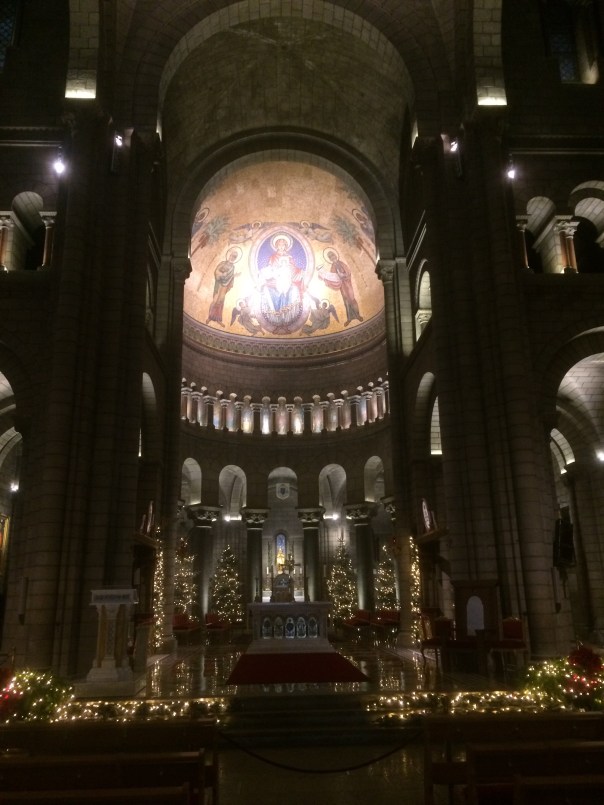
At this time of year, along the quai there are Christmas markets with food, handmade gifts and entertainment.
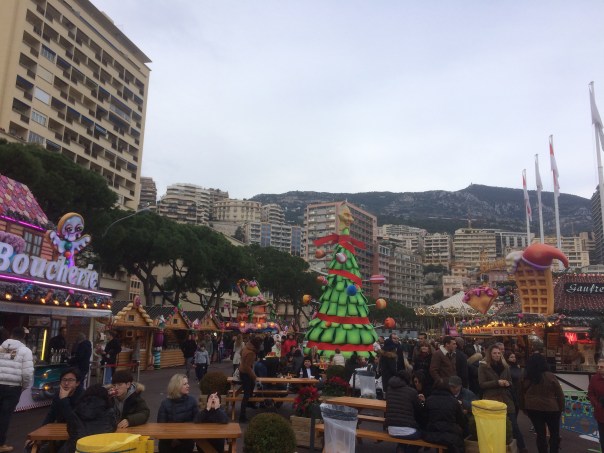
All throughout the city there are beautiful Christmas decorations and lights.
What did I learn from Monaco?
The highlight of my day was the time I shared with some of the wonderful people I met after visiting St Paul’s Anglican Church. Not only did we share a significant time celebrating Christ’s birth with carols and death and resurrection through the Eucharist, but they invited me to share an amazing Christmas lunch afterwards! Their hospitality and welcome to this visiting stranger was a beautiful reflection of the message of this day.

I was also reminded of God’s hospitality in the incarnation through the variety of crèches (nativity scenes) throughout the city.

In parks, on street corners, in churches and on display outside the palace, the variety was stunning.

What really struck me was how so many different people portray the scene of Jesus’ birth in a way that reflects their own life experience.

From 19th century Provençal sets
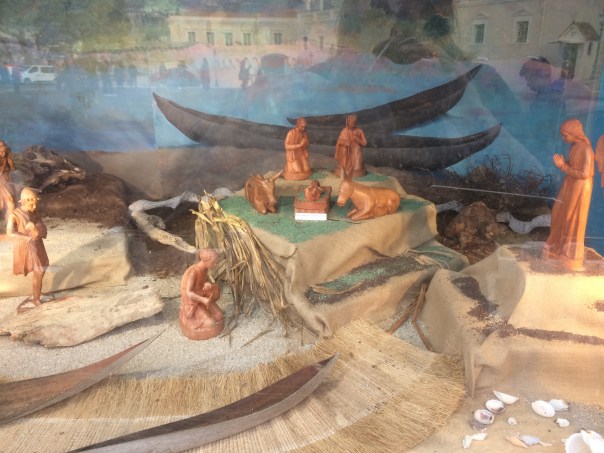
and everything in between, it was a delight to discover the huge range!

And they also reminded me of the key truth of the incarnation that we celebrate on this day: God coming to us as one of us.

Emmanuel, God with us. It makes sense that we depict his coming in ways that look familiar to us, because God does come to us in the familiar, ordinariness of everyday life. He enters our world, speaks our language, lives our humanity.

This is the ultimate act of hospitality. The God who incarnates himself as one of us so that we might know his loving embrace.
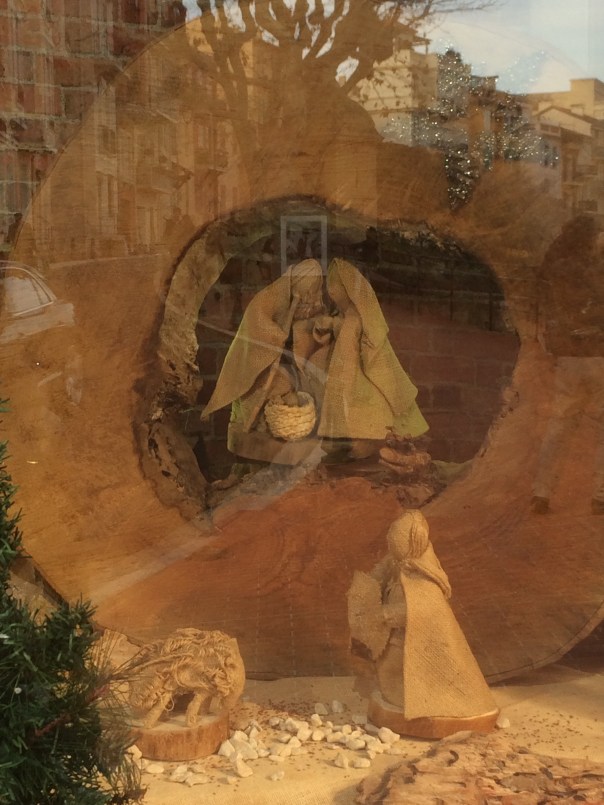
As I was reminded of it in the crèche scenes and experienced it through God’s people at St Paul’s, may you know and experience the hospitality of the incarnation this Christmas season.















